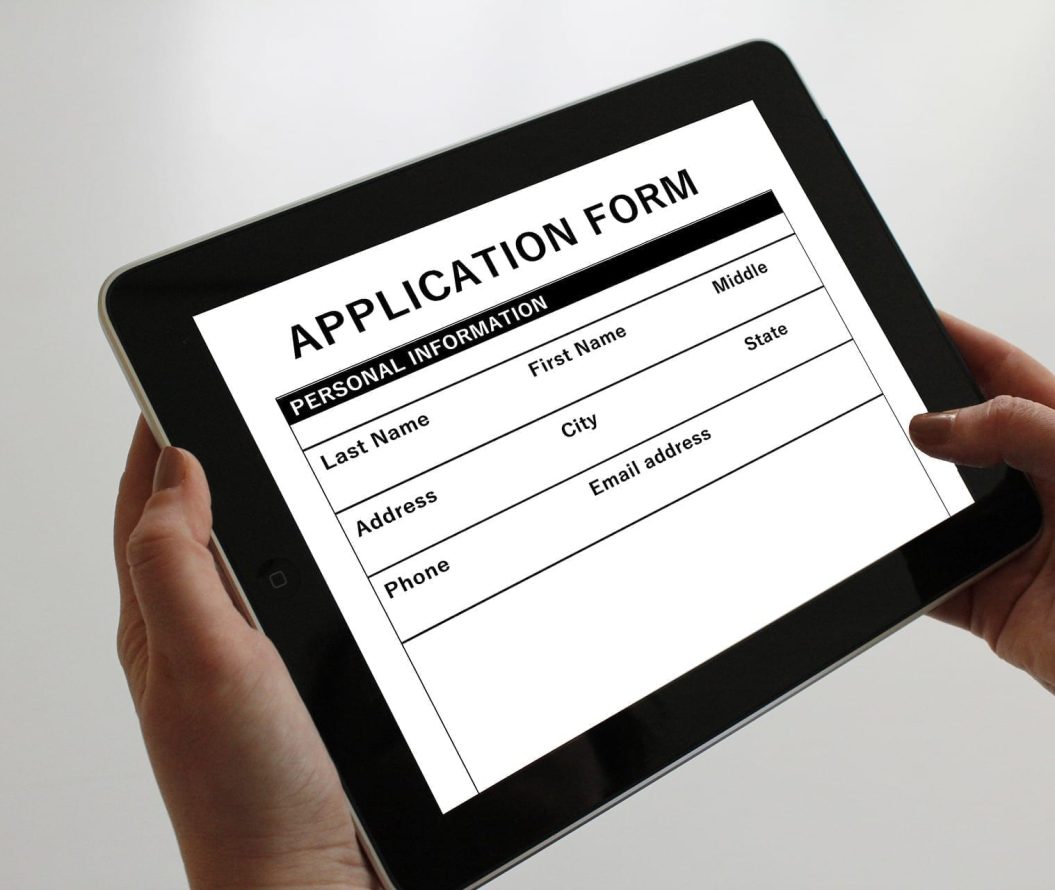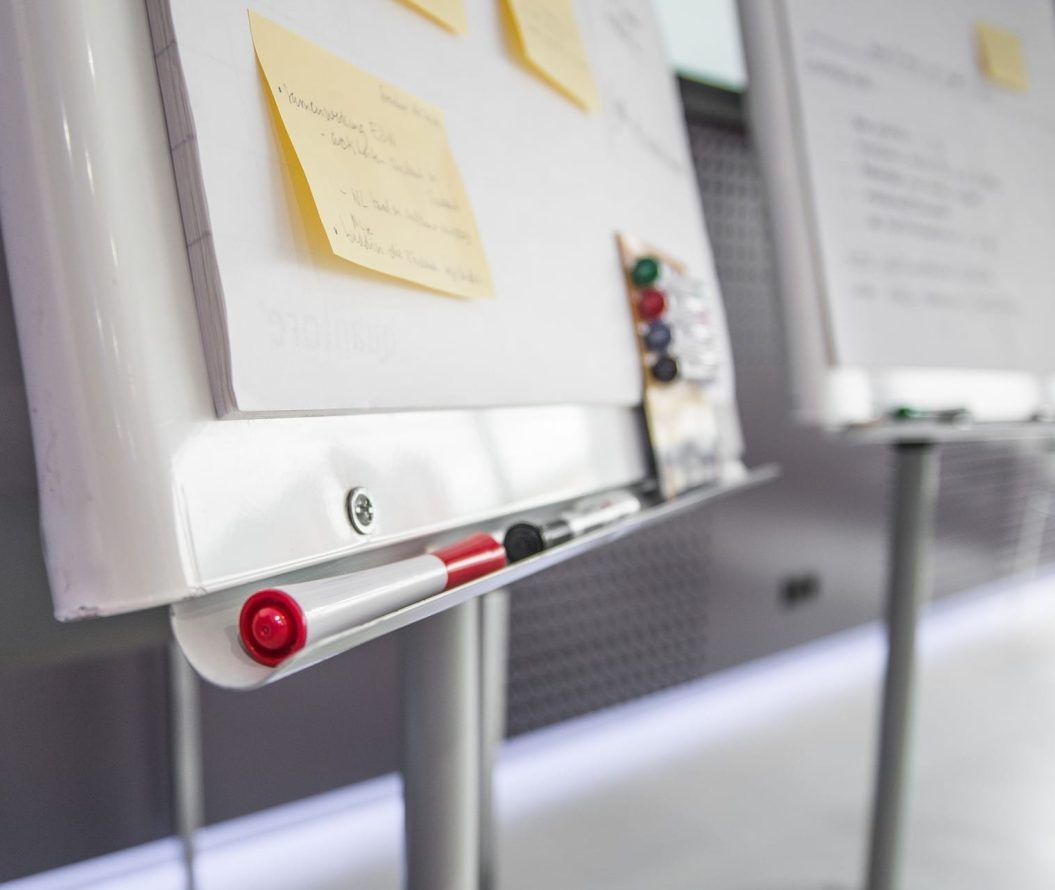
The Lincoln Award recognises the additional activities students take throughout their time at the University. I found out about the Lincoln Award when my lecturers encouraged us to participate and discovered more information by going to the get ahead drop down menu on the Students’ Union website – where there’s detailed information on what it includes and how to get involved. I found the Lincoln Award rewarding, so wanted to give you an insight into what’s involved:
To start with, you’ll need to register at Careers to go onto a group pathway appointment, whereby you recognise any skills you already have and identify the ones you wish to improve. The main work of the award is down to each individual to decide – which activities you’ll want to try out and what new skills you’d like to gain. All activities that fit your criteria since starting university can be backtracked.
The first part of the Lincoln Award that you’ll need to complete is 40 hours paid or voluntary work – I used my part-time job as a student ambassador and had my manager sign off my hours.
The second section is chosen activities which cover a range of training or workshops which you’ll choose to attend. The activities I chose included a health and safety awareness course – which is vital to learn about for any workplace. I also chose presentation skills – which I undertook as additional training for my job. This really helped me become more confident speaking in front of groups of people and taught me how to adapt to different situations. Other activities available include first aid training, sign language and a range of other options which Careers email out on a regular basis.
For the third section, you’ll complete three subject activities, which can be achieved by attending numerous guest lectures that each department organises. I also completed a careers explorer activity which involved filling in a document identifying my options for career paths and what was expected to enable me to gain the role.

Once all activities are completed, you’ll have another pathway appointment, which I found particularly useful. This helps you identify the progress you’ve made and also gives you techniques on how to communicate this in an interview.
The final stage is designed to help you to use all the skills you’ve gained in an interview. There are different interviews depending on what career path you are looking to take. These include commercial interviews, pitches, assessment centres and postgraduate interviews. The Award does come with its challenges as most of us won’t have vast experience of interviews. Personally, this turned out to be the greatest benefit of the Lincoln Award as it allowed me to recognise how my new skills will help me once I’ve graduated and gave me the confidence in interviews to express why I should be chosen for the role.
It has just been confirmed that I have passed my interview and I look forward to attending the award ceremony for it in May and using the skills I have gained to help me in interviews and beyond in the workplace, which is important now I’ve reached my last few months at university.



